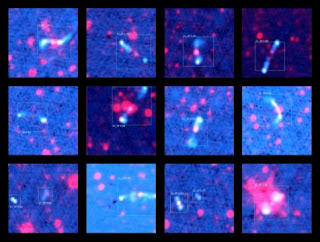German AI System - Forest CC Protection

Fighting Climate Change Destruction of Forests With Tech Source: German Black Forest Source: AI Forest Protection/Management System Sustainable Forests Climate Change is devastating forests around the world, including in Germany. The worst conditions in Germany are taking place in Baden-Wurttemberg, where 43% of all forest areas are damaged. German scientists are starting to deploy artificial intelligence and big data in an innovative program to make forest systems more resilient and resistant to Climate Change. AI Based Forest Management Scientists from Karlsruher Institute for Technology (KIT) and EDI Gmbh (an intelligent software spinoff) have developed an AI based assistance system for forest management. This is a collaborative big...






